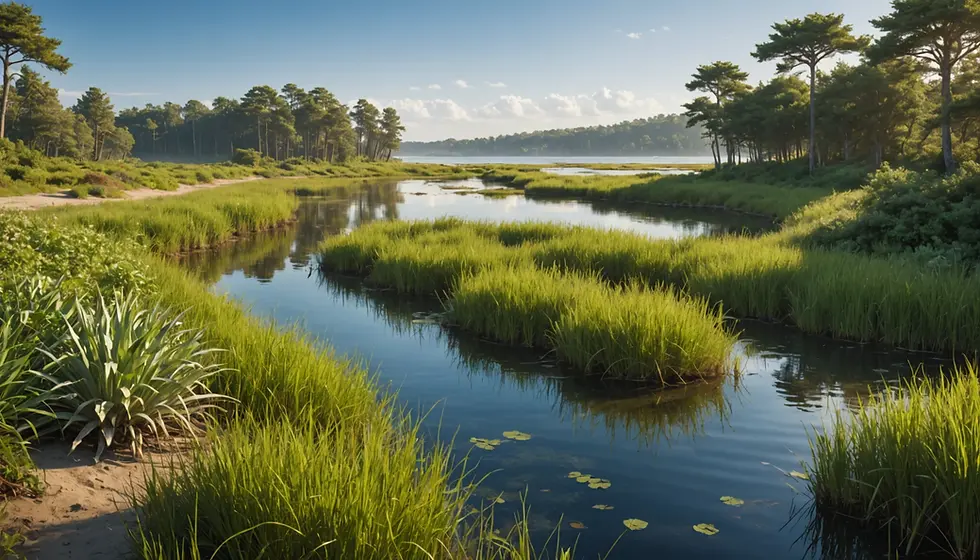Understanding Your Marine Construction Project's Process
- Jay Morgan
- Jan 18
- 2 min read
Updated: Jan 20
Understanding Your Marine Construction Project Process
This is a general outline. The specific process as it relates to your project may differ in some ways. Contact us today for more information.

The Project Process
Marine construction is a specialized discipline focused on the development of structures in or near aquatic environments. This process is crucial for the establishment of ports, bridges, docks, and other waterfront facilities. Below is a brief overview of the marine construction process.
1. Project Planning and Design
Feasibility Study: Evaluating the project's viability, including environmental impacts and regulatory compliance.
Site Assessment: Conducting surveys to examine underwater topography, soil conditions, and existing marine life.
Design Development: Developing detailed engineering designs and plans that fulfill both functional and aesthetic criteria.
2. Permitting and Regulatory Approvals
Environmental Permits: Securing necessary permits from environmental agencies to ensure regulatory compliance.
Local and State Approvals: Obtaining approvals from local government bodies and state authorities.
Public Consultation: Engaging with stakeholders and the community to address concerns and gather input.
3. Mobilization and Preparation
Site Preparation: Clearing the site and establishing access routes for construction equipment.
Mobilization of Equipment: Transporting required machinery and materials to the construction site.
Safety Planning: Developing safety protocols and emergency response plans for the marine environment.
4. Construction Phase
Foundation Work: Installing piles, caissons, or other foundation systems to support the structure.
Superstructure Construction: Constructing the above-water components of the structure, such as decks, piers, or buildings.
Utilities Installation: Installing necessary utilities such as water, electricity, and sewage systems.
5. Environmental Protection Measures
Monitoring: Continuously monitoring the environmental impact during construction.
Mitigation Strategies: Implementing strategies to minimize disruption to marine life and habitats.
6. Final Inspection and Testing
Quality Control: Conducting inspections to ensure construction meets design specifications and safety standards.
Load Testing: Testing the structure's capacity to withstand expected loads and environmental conditions.
7. Project Completion and Handover
Final Cleanup: Removing any construction debris and restoring the surrounding area.
Documentation: Providing all necessary documentation, including as-built drawings and maintenance manuals.
Handover: Officially transferring ownership and responsibility of the structure to the client or relevant authority.
Conclusion
Marine construction is a complex process that necessitates meticulous planning, execution, and adherence to environmental regulations. By adhering to these outlined steps, construction professionals can ensure successful and sustainable marine projects that meet community needs while safeguarding marine ecosystems.
Contact us today for more information or for guidance navigating this process for your project. After all, it's your project, made simple.

Comments